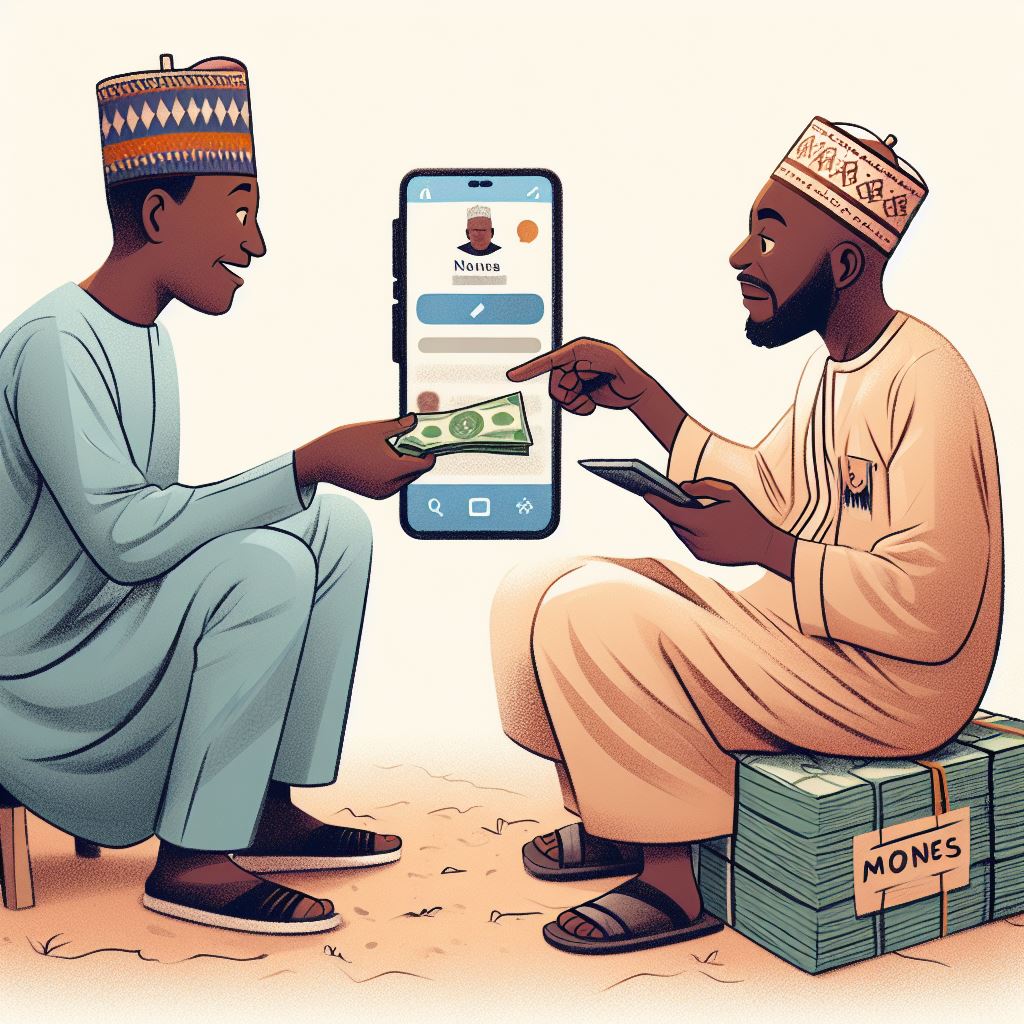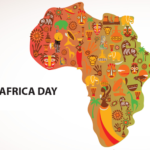A good few weeks ago, Nasiru Salisu Zango, a Nigerian investigative journalist living in Kano, northern Nigeria, recounted a story on Facebook.
A man who once boasted a sustainable means of livelihood and a happy family fell into hard times after a strange twist of fortune. A small house and his 13 children were all that he had left
To eke out a living, the man dug well, while his eldest son obtained a loan of N500, 000 to begin a POS business, committing his father’s house as collateral. In the event that the loan couldn’t be repaid, the house would be seized, according to the loan terms.
Not long afterwards, the man’s son became involved in a clash with some security operatives and was summarily arrested. The lender returned for her money. Fearing he might lose his house, he and his wife ran to Zango. “I have nowhere else to live,” he cried.
Sharing the heartrending tale on social media, Zango solicited help from his community of friends and followers to help the man keep his house. He added his account details in the post.
The Facebook post spread like wildfire within a few hours, dripping with reactions. Over 1,000 people had commented, with 700 more sharing it across Facebook. Amid the outpouring of support, a beneficent stranger stumbled on the post on the timeline of a prominent newspaper publisher and was touched by the man’s ordeal. The stranger lent his support with a generous donation of N500,000.
In a vote of thanks, Zanga announced that the loan had been paid off and that the man had reclaimed his home. He disclosed that a total of N673,000 was accrued from individual contributions, all of which were remitted to the man to cater to his other wants. With more donations pouring in, Zanga stated that he had to delete the account details.
This outpouring of support for a struggling man underscores the latent potential of social media as a lifeline in difficult times. It harks back to an earlier act of kindness, in February, where a woman received N1 million after she was featured on BBC Hausa as battling with food insecurity. The N1 million donation, as was reported, was to empower the woman to establish a self-sufficient business. As gleaned from these examples, social media can represent an economic savior when caught in a fix.
Nasiru Salisu Zango, a Nigerian investigative journalist, shared a story on Facebook about a man in Kano, Nigeria, who fell into hard times. The man, with 13 children, risked losing his house after his eldest son, who had taken a loan using the house as collateral, was arrested following a clash with security operatives. The loan issuer demanded repayment, prompting the man to seek help from Zango.
Zango posted the story on social media, requesting assistance. The post garnered significant attention, receiving over 1,000 comments and 700 shares. A generous donor contributed N500,000, enabling the man to repay the loan and keep his house. In total, N673,000 was raised from various contributions, allowing the man to address other needs. Due to the influx of donations, Zango eventually removed the account details from the post.
This incident highlights the potential of social media to rally support during crises, similar to a previous case where a woman received N1 million after her story of food insecurity was shared on BBC Hausa.






